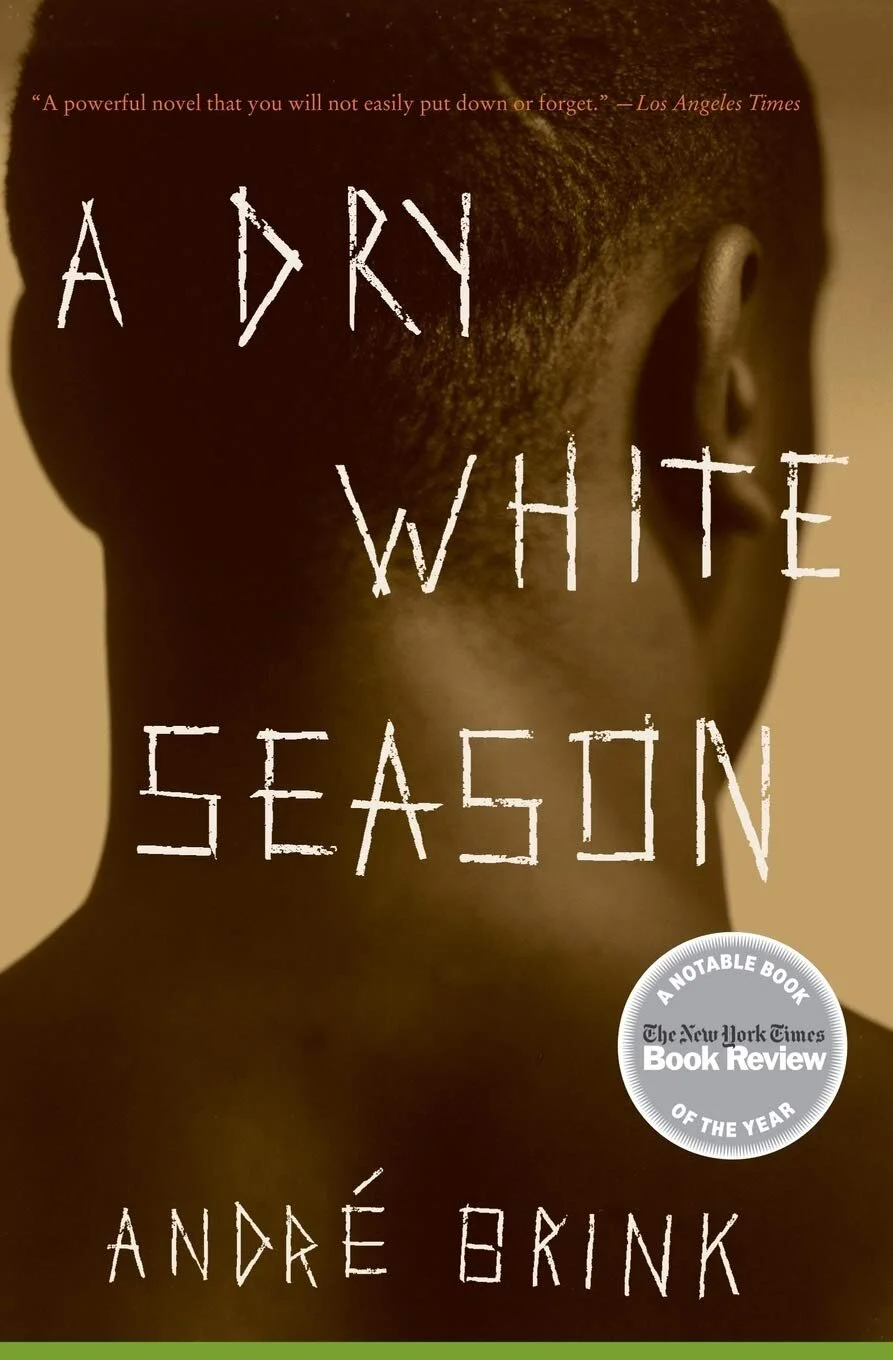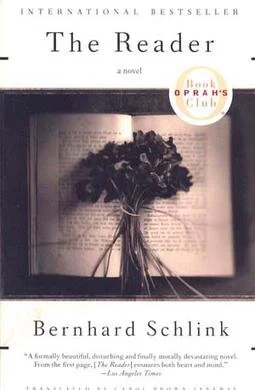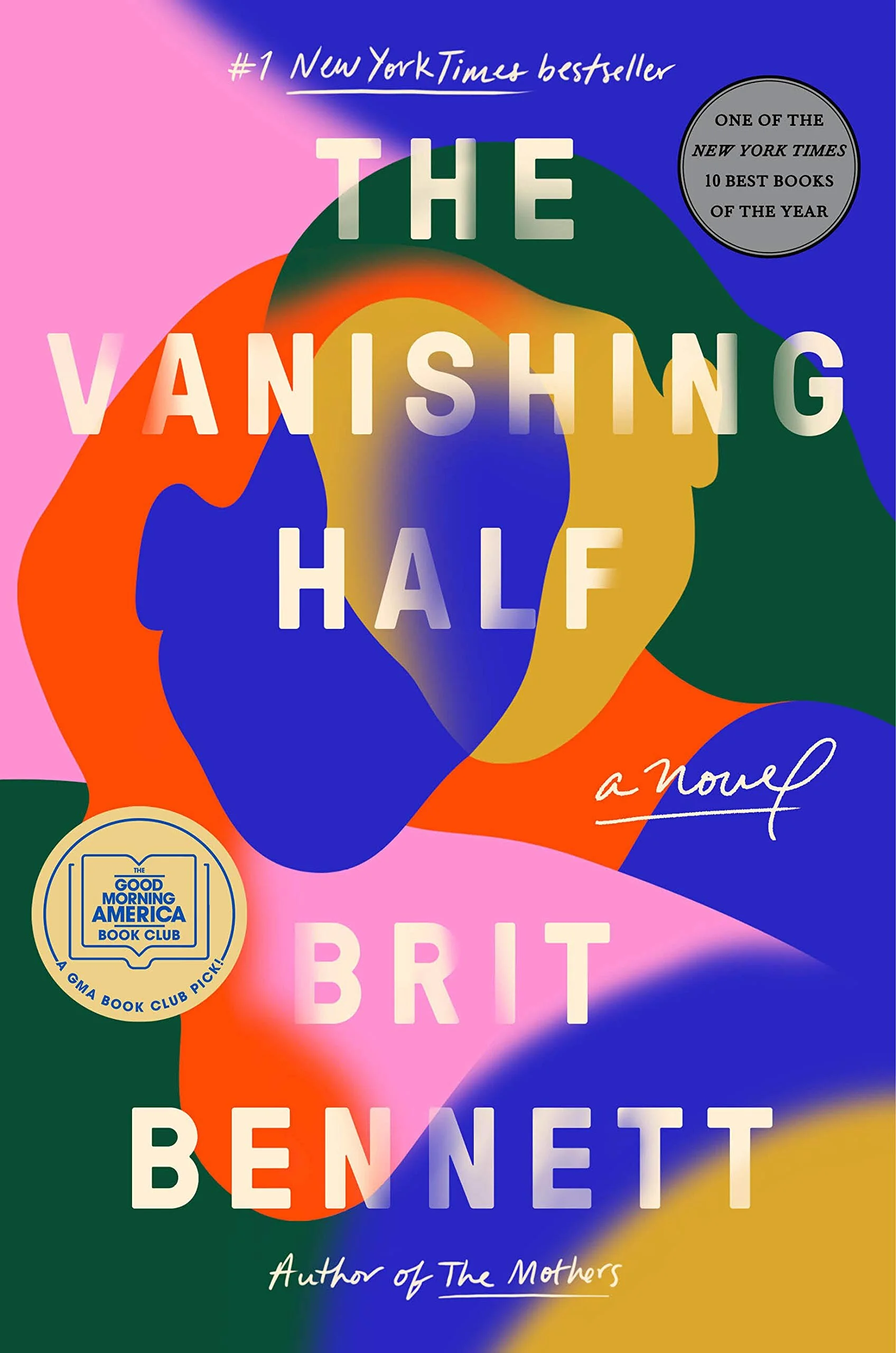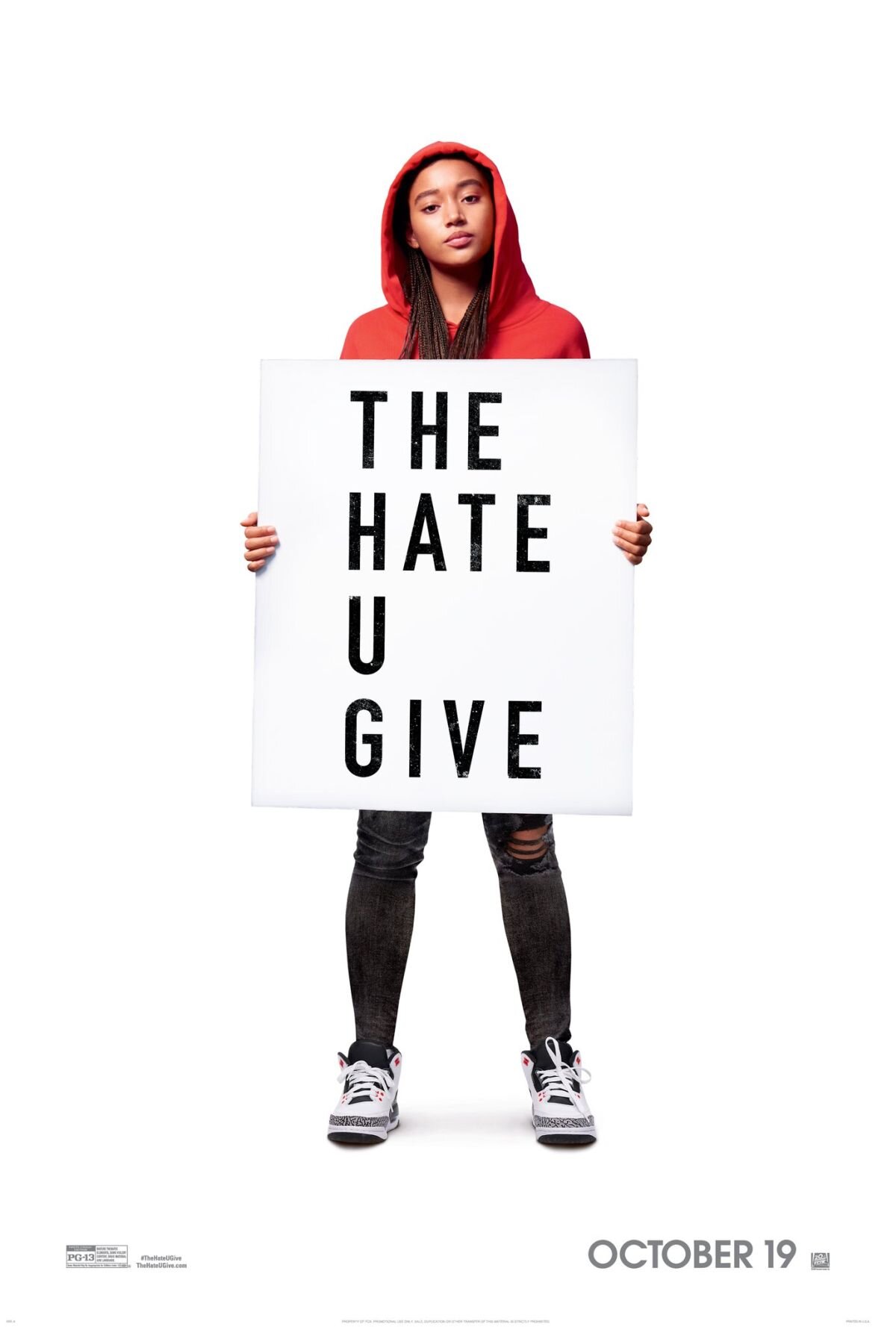
In Cultural Identities 250: Truth - Reconciliation - Story, we examine and discuss the role that fictional narratives - stories - play in contributing to the work of truth and reconciliation in countries around the world. Truth and reconciliation processes - be they formal inquiries like those in South Africa and Canada, or more informal social evolutions that have taken place in Germany, the United States, and elsewhere - rely on story to identify, call out, and memorialize large-scale human rights abuses.
This seminar was last held in Winter Term 2021.
Future offerings are possible; contact the instructor, James Skidmore, for details.
What will you find on this page?
The Idea informing the course
The Features of CI 250 that make it a special learning experience
The Course section contains the syllabus, a sample module, and the most recent course evaluations so that you can see what others think of CI 250

The Idea.
“No one is illegal.” Image © Raimond Spekking / CC BY-SA 4.0 (via Wikimedia Commons), Köln stellt sich quer - Tanz die AfD-2784, CC BY-SA 4.0.
Why this course?
When the Truth and Reconciliation Commission of Canada released its report and findings in 2015, universities started thinking about what they could do to further reconciliation in Canada. As a scholar of German studies, I was at first unsure about what I could do in my teaching and research that would contribute to this process.
But as I thought about it, I realized that a lot of my teaching about German culture had introduced students to the actions and reactions of German society as it came to terms with the legacy of the racist and discriminatory violence and destruction that marked the Third Reich. It occurred to me that I did this largely by having students read novels and/or watch films that illustrated the complex issues in ways that captured the students’ attention. So I decided to apply that approach to a larger canvas, namely large-scale atrocities - genocides - from different parts of the world.
The video below, from the Winter 2021 offering of CI 250, tells you more.
What?
In this course we focus on stories that deal with human rights atrocities. We are focusing on fictional narratives (as opposed to history or memoir) because by analyzing how fiction can change how we understand the world, we'll learn about the power that art has to move and shape the world. As societies come to terms with these atrocities, story plays a big role in supporting both formal and informal truth and reconciliation processes.
Here are the novels and films we used in the most recent offering of the course (Winter Term 2021).
A Dry White Season by André Brink follows the story of Ben Du Toit, a schoolteacher whose naïveté about what is going on in 1970s South Africa is shattered when he comes face to face with the crimes of the South African apartheid regime.
Bernhard Schlink’s The Reader is a 1995 novel that takes place after World War II. Young Michael meets the older Hanna, and their relationship, and the secrets Michael discovers about Hanna, will mark him for the rest of his life.
Two northern Manitoba boys are sent to residential school in Tomson Highway’s semi-autobiographical Kiss of the Fur Queen. Despite the hardships they endure, they always have each other, along with the Fur Queen who looks out for them.
Richard Wagamese’s famous novel Indian Horse was turned into a film by director Stephen S. Campanelli in 2017. Saul Indian Horse is forced to attend residential school. There he learns to play hockey, which will be his salvation and his curse.
The Vanishing Half by Brit Bennett follows the lives of twin sisters Desiree and Stella Vignes of Mallard, Louisiana. Both want to get out of Mallard, and do, but their stories take different turns when Stella decides to pass a white woman.
The Hate U Give was a successful young adult novel by Angie Thomas that was adapted for the screen by George Tilman, Jr. Starr Carter witnesses a shooting that forces her to confront the racism in her society.
Who?
All are welcome. This course is held in English and has no prerequisites. You can take it as an elective or as part of the Cultural Identities minor. The goal of the Cultural Identities program is to help students become more aware of the influence that culture plays in shaping identity, both individual identity and broader group identity.
The seminar attracts students from various programs. A number of Social Development Studies students have taken the course, but there have also been students from History, Religious Studies, German, Spanish, Philosophy, and even some science program that seemed so complicated that I can’t even remember what it was called. That’s one of the nice things about his course - it attracts students from all sorts of different programs.
CI 250 is offered both in-class and online. This page focuses on how the online course is structured, but the in-class version is very similar, just with more real face time as opposed to the virtual kind.

The Features.

-
The Structure.
The course consists of an introductory module (Module 0) that acquaints us with two ideas that inform the entire course: human rights and story.
Four modules follow, one for each country in which the works we are reading and viewing are situated.
Each module consists of learning activities - short tasks that you complete at your own pace during the module. The activities are embedded in discussion forums. For example, you might have a background reading giving you some historical context, and your task will be to discuss a question about the reading with other students in the course.
At the end of each module you write a short essay based on a quotation from the story being studied. Your essay is returned with feedback and corrections, but no grade; you are given the chance to revise the essay before grading.
-
The ProfCast.
In addition to the discussion activities, each module has three or four ProfCasts, podcasts featuring Professor Skidmore and his trusty sidekick, Teaching Assistant Myrto Provida. These short audio programs focus on the big ideas of the course - social context and the elements of story (plot, character, narration) - and you’re given an additional opportunity to comment on these ideas in a discussion forum.
-
The Book/Film Club.
For each novel or film we are studying, there is a live discussion held via Zoom. Book/Film Club gives us a chance to come together, talk about the work and exchange our ideas about it. This is not a required element of the course, but if you’re able to attend, please do - it will help you bring together the many ideas that come up in the modules. Book/Film Club is recorded so that if you can't make it, you can watch it later.
-
The Learning Portfolio.
Have you ever had the experience of preparing for an exam, writing it, and then promptly forgetting everything you studied? This happens all the time because exams are stressful events that don't give you a chance to catch your breath - you have to study, study, study without any chance to reflect on what you're learning or doing.
But we know that reflection is one of the cornerstones of good learning. So in CI 250 you prepare a Portfolio of your learning in the course. Portfolios are common in the visual arts. For example, fine art students will select their best pieces and present them as a representative portfolio of their work. In CI 250, we're doing something similar: we assemble collections of our most meaningful learning experiences from the course.
As part of the Portfolio process I provide one-on-one coaching sessions where I help you identify what to include and how to reflect on it.
-
The Student Voice.
I want to give students a chance to contribute to the content and ideas presented in CI 250. To that end I’m developing an online open access textbook that will be the cornerstone of the course’s content. In the first edition of this textbook, student insights from the Winter 2021 offering will be woven into the text, giving readers not only my views on the topics being discussed, but also the views of students. Future offerings of the course will have students contribute further by expanding these student voice sections.
I expect to make the textbook public in late summer 2022.
-
Goals and Methods.
Discover how story helps societies identify, remember, and deal with human rights atrocities. We do this by reading novels/viewing films in which truth and reconciliation are central themes.
Investigate the historical record and present-day realities of large-scale human rights atrocities in order to contextualize the stories we’re reading/viewing. We do this not only by studying the history of the atrocities, but also by learning more about the creation of the stories themselves.
Analyze the different ways literature can portray human rights issues. We do this by undertaking small activities that expose us to how story functions, and we apply those concepts to the stories we’re studying.
Develop the ability to communicate about story and fiction in more precise ways. We do this by writing and revising four short essays in which I will help you improve your ability to get your ideas across.

The Course.

-
Syllabus.
The most recent syllabus for CI 250 is available on Padlet. What is Padlet? It’s a kind of display board that provides a quick visual overview of the syllabus. Just click on the tile below and you’ll be instantly whisked away to the syllabus.
-
Sample Module.
This sample module provides you with an overview of the learning activities and ProfCasts for the module on South Africa. The novel we use in this module is A Dry White Season by André Brink. Click on the tile below to access the sample module.
-
Student Feedback.
I like transparency a lot, so I’m making the results of the most recent University of Waterloo official evaluations of this course public.
You’ll see that there was a high level of satisfaction with this course - students liked the subject matter, the way the course was organized, and the involvement of the instructor.
A couple of students weren’t convinced that the learning portfolio was worth the effort. Future offerings of the course will provide students with more information about how the learning portfolio works..
-
Need More Information?
Get in touch if you have questions or would like to know more!
“Great, interesting reading.”
-
In Winter 2021 I asked students to imagine that they’re trying to convince a friend to take - or not to take - CI 250. Here are their responses in toto, unedited save for clarity when necessary.
-
This is one of the few profs who actually posts videos of himself talking and hosting lecture meetings, so if you want it to feel somewhat normal (pre-covid normal) take this class.
-
Good books, nice prof, engaging.
Very interesting course and the material is very engaging. You learn a lot and you get to read some fantastic novels.
-
Very interesting content, prof is very engaged and focused on the students, flexible course work deadlines, books were all very interesting and worthwhile.
-
You should absolutely take it! But you do have to be a decent reader, make sure you take the time to enjoy the content. It’s what makes the course so enjoyable!
-
I would say take the course! Interesting and important topic. Wonderfully dedicated and friendly professor. Nice break from a typical midterm exam course that I am so sick of. But... it is a course that requires you to work hard and pay attention to your learning. If you are the type of student who focuses on the numerical grades you may not like this course. On the other hand, if you want to experience a course where learning is validated by more than numerical grading, this may be the perfect course for you!
-
I would tell them that the course is very helpful for any program because it is important to understand human rights and the novels are very interesting reads!
I would tell them to take the course but wait until 3rd or 4th year. They'll get more out of it.
-
If a friend of mine went to Waterloo they would absolutely be taking this course. The main thing I would say is that this course gives you the opportunity to interact with the course content and assignments without the pressure of grades. Grading at the end of the course is an absolute game changer. The ability to hand in an assignment, get detailed feedback on it, and have the opportunity to reflect on and fix it: amazing.
-
I would say to my friend that you should take this course. You will be consistently pleasantly surprised. It will surprise you how much you learn. It will surprise you how much support you will feel from peers and the professor. It will surprise you how much you will learn about yourself and come to your own conclusions. No complaints, much learning, very satisfied. Take it!
-
Great, interesting reading.
Take the course!! The novels and the prof are excellent!







